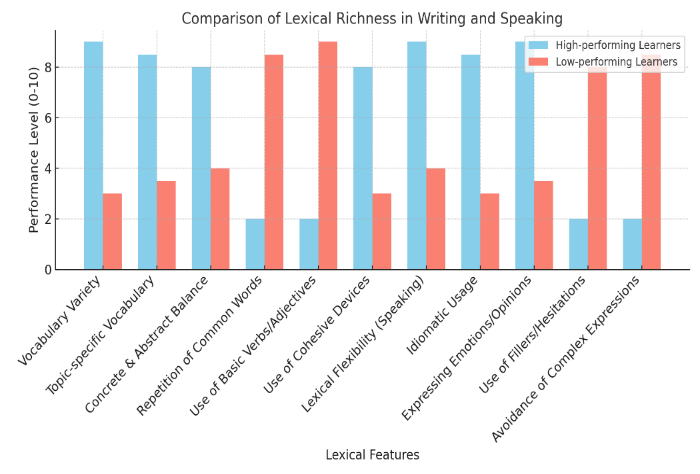Lexical richness and language mastery: a correlation
Keywords:
Lexical, Language, Density, Sophistication, Correlation, Fluency.Abstract
This study explores how lexical richness relates to language mastery. It focuses on how vocabulary range and depth affect learners’ proficiency and expressive skills. Lexical richness reflects the variety and quality of vocabulary used. It is a key marker of language ability. As learners progress, richer vocabulary helps improve fluency and understanding. Yet, the direct link between lexical richness and language skill needs more study, especially in second language (L2) learning. A mixed-method study was used. It combined data from speaking and writing tasks of 60 L2 English learners at upper-intermediate and advanced levels. Lexical diversity was measured with tools like Type-Token Ratio (TTR), Lexical Density, and Sophistication. These were matched with CEFR test scores and content analysis for expression. There was a clear positive link between vocabulary richness and language skill. Learners with high scores showed wider and more advanced word use, especially in writing and speaking. Their vocabulary uses also improved clarity and emotional depth. Correlation analysis showed that richer vocabulary predicts higher language ability. Qualitative findings showed that better word use helped learners express ideas more clearly. Lexical richness is vital for strong language skills. Language teaching should focus more on building vocabulary depth and range.

Published
How to Cite
Issue
Section
Copyright (c) 2025 Dr. Sameeul Haq Nazki

This work is licensed under a Creative Commons Attribution 4.0 International License.




